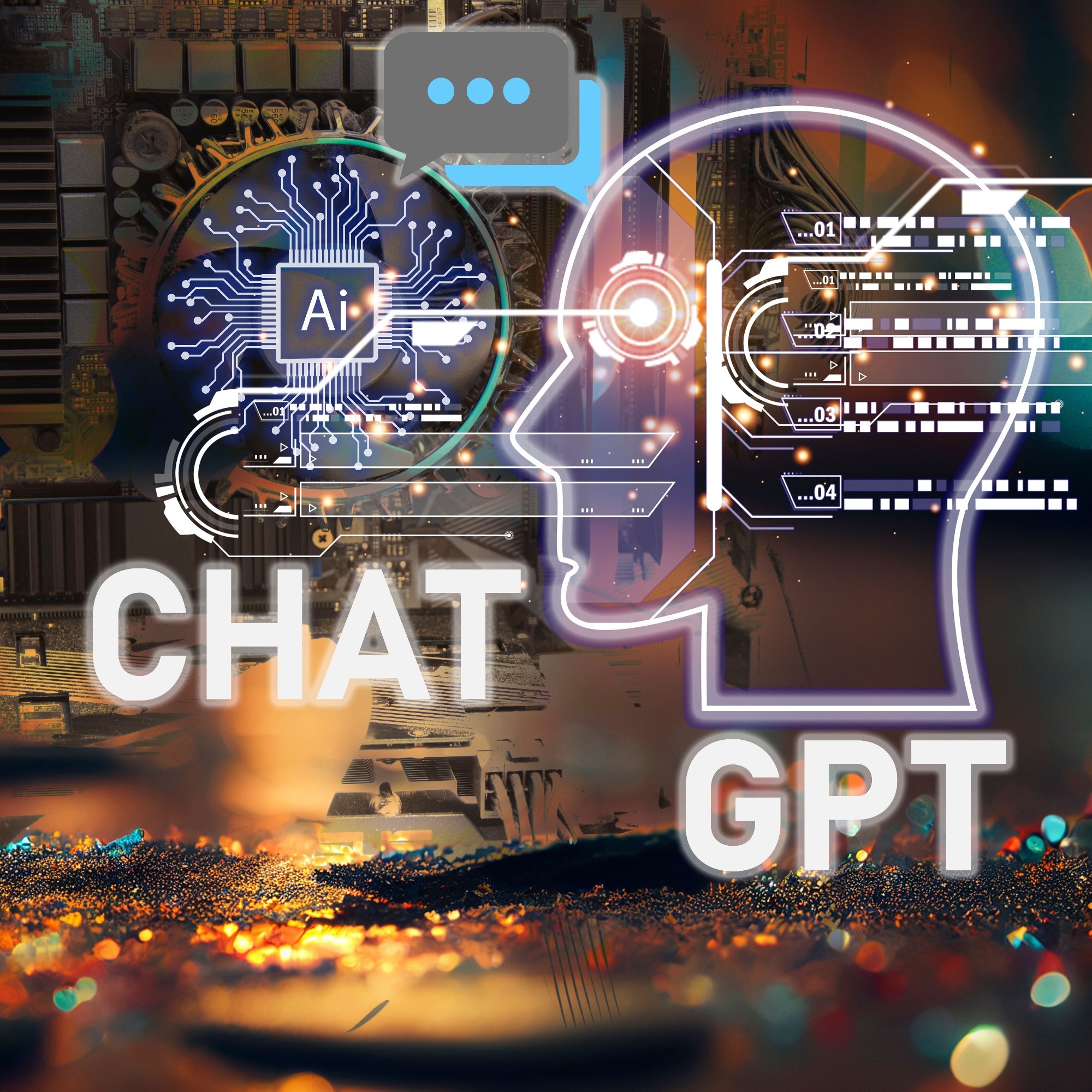As Artificial Intelligence-powered chatbots edge into the education sector, experts at the University of South Australia (UniSA) are encouraging teachers to take an active role in testing and making use of these advanced tools to maintain a competitive edge in their profession.

Image Credit: Shutterstock
The call follows a strict ban on ChatGPT in WA, NSW, Queensland, and Tasmania. Internationally, ChatGPT has been banned in school districts throughout India, the US, and France.
ChatGPT (and similar technology) is part of a new wave of AI that could produce highly cohesive and human-like responses to questions and prompts. ChatGPT remains to be tested and critiqued in relation to issues concerning student learning and the issue of plagiarism.
International expert in Artificial Intelligence (AI) and education, UniSA’s Professor George Siemens, states generative AI will create new chances for teachers.
Chatbots, such as ChatGPT, are innovations that are here to stay. But rather than avoiding or banning them, it’s far more beneficial for teachers to explore and experiment with them to get a better sense of what is possible.
George Siemens, Professor, University of South Australia
Siemens continued, “For example, if you ask ChatGPT to produce a sample lesson plan for grade 5 algebra, the platform creates a set of objectives, any materials you’ll need, plus a range of suitable activities for students at that maths level. Or if you’re teaching programming, ChatGPT can create and debug code. If you’re a teacher, you can see how this tool could help you plan, generate ideas, and organize your weekly lessons. Importantly it frees time for you to connect and engage with your students so that you can create more personal and meaningful learning opportunities,”
“Teaching is rapidly changing. By embracing new technologies, and learning how AI can complement teaching, we can prepare students for a future where they will be able to compete with the best and brightest.”
As teaching innovations tend to increase in complexity and sophistication, Professor Siemens states that it will be crucial for evaluation and teaching models to keep up.
Existing assessment models that only test the product, but not the process of learning, will not fare well under an AI-shaped future. We already know that managing AI for out-of-class assignments could be challenging, but perhaps it’s indicative of the need to change traditional assessment models so that they better match modern learning needs?
George Siemens, Professor, University of South Australia
Professor Siemens states that AI could help decrease teacher administration, promote personalized learning experiences for students, and stimulate real-world knowledge application. However, to do so, the education sector should pave the way for changes to happen.
We are on the cusp of a massive explosion of innovation and creativity in the education sector and AI is at the very center of it.
George Siemens, Professor, University of South Australia
Siemens added, “Teachers must start connecting with their peers around the impact of AI on their teaching; schools will need to advise parents about how they’re using AI in the classroom; school leadership teams must consider future options for professional development for their staff; and State and national education departments should be actively evaluating how AI will affect policy, technology needs, and teachers supports.”
Siemens continued, “AI presents a tremendous new technology that opens a whole new opportunity for knowledge generation and idea creation to improve teaching practices.
“This convergence of humans and AI working together is the future. Getting started now will ensure teachers and students build the familiarity they need to excel in this new space,” concluded Siemens.